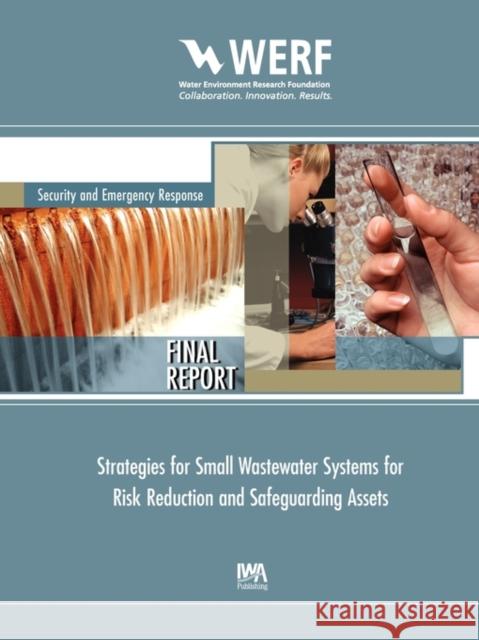Strategies for Small Wastewater Systems for Risk Reduction and Safeguarding Assets » książka
Strategies for Small Wastewater Systems for Risk Reduction and Safeguarding Assets
ISBN-13: 9781843393528 / Angielski / Miękka / 2010 / 64 str.
The Gulf Coast hurricanes of 2005 and horrific events of 9/11/2001 have spawned a new emphasis on domestic security and emergency preparedness. Governments at all levels are taking action to reduce their vulnerabilities and prepare for emergencies, including unconventional disasters such as regional-scale weather events and terrorist attacks.
A great deal has been written concerning security practices for large and medium-sized water and wastewater systems. Some of these practices are relevant and applicable to small, rural, and tribal wastewater systems, but many are not. Small systems tend to have characteristics which preclude them from adopting many of the practices employed by larger wastewater and water utilities. This report identifies security-related practices that are applicable for small wastewater systems.
The report adopts a two-pronged approach with respect to security enhancement for small wastewater systems. First, the report focuses on security practices that are consistent with the technical, managerial, and financial capacity of small systems, and identifies a series of security-related “Practice Areas” that can be implemented in the near-term with modest expenditure of financial and/or staff resources. Second, the report outlines a strategy to help small utilities map-out programs for ongoing, sustainable security enhancement. This ongoing strategy is based primarily on the identification of practices and investments that a utility can pursue in cooperation with other municipal and regional entities.











